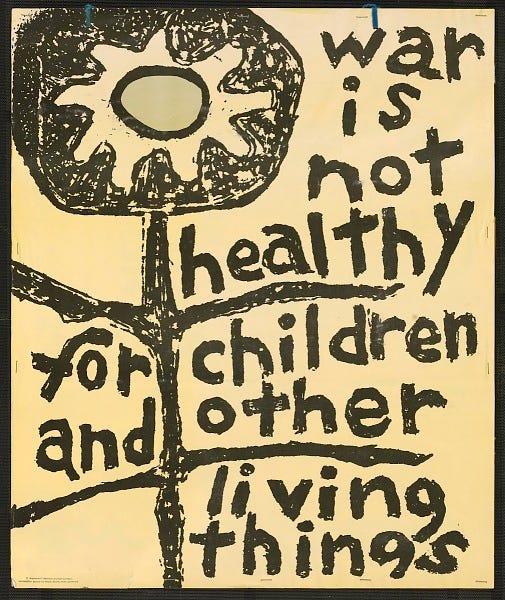
This week at Public Seminar, Olúfẹ́mi O. Táíwò joins Cresa Pugh and Julie Beth Napolin for a conversation about elite capture, from the university to Palestine. Stephen Zacks reflects his time reporting from the West Bank and presents a vision of the future to fight for. And Kerry Whigman surveys the emerging field of genocide prevention studies.
The US Should Only Support a Multiethnic, Nonsectarian Israel
Stephen Zacks
In 2002, during the second Intifada, while the Israeli military was starting to reoccupy areas of the West Bank briefly controlled by the Palestinian Authority after the Oslo agreement, I spent a few weeks reporting in the Palestinian occupied territories. After the World Trade Center attacks, media commentators had conflated the Palestinian struggle with the terrorists of 9/11 in a way that misrepresented the nature of the conflict. For that reason, it made sense to me to explore the territorial aspects of Palestinian space as they appeared during a time when a separate state was still being seriously planned. Israel controlled the borders, the airspace, the ground below, and most of the hilltops, where the government had placed Israeli “settlements”—colonial outposts that began as informal groups of trailers overlooking valleys inhabited by Arab villagers and eventually grew into extensive suburban developments connected by serene highways to Jerusalem and Tel Aviv.
Elite Capture and Racial Capital, from the University to Palestine
Olúfẹ́mi O. Táíwò in conversation with Cresa Pugh and Julie Beth Napolin
I don’t think the people wanting to repress student protests in solidarity with Palestine are people with pristine principles about free speech, who are just making an exception for the case of Palestine. I think they are people who do not believe in the project of academic freedom, and I think that this repression is of a piece with more general forms of repression that that we’re already seeing around sexuality and gender and the response to critical race theory. I don’t think these people are committed to the project of freedom, and, especially as funding for higher ed and education in general fails to keep pace with the rest of the economy, whatever inroads they make on rolling back the freedoms we have in this messed up world are not going to stop at Gaza or the West Bank.
Preventing Genocide
Kerry Whigham
Large-scale killings of identity groups do not happen overnight. They are the products of long-term social and political processes that begin with smaller steps that, when unaddressed, can escalate to the level of mass atrocities. Understanding genocide as a process with identifiable characteristics has been key in designing strategies to prevent it. After all, if genocide does not just occur from one day to the next, policymakers and other stakeholders have multiple opportunities to impede this process before it results in all-out mass killing. Increasingly, scholars have applied this process model to the concept of prevention as well.



